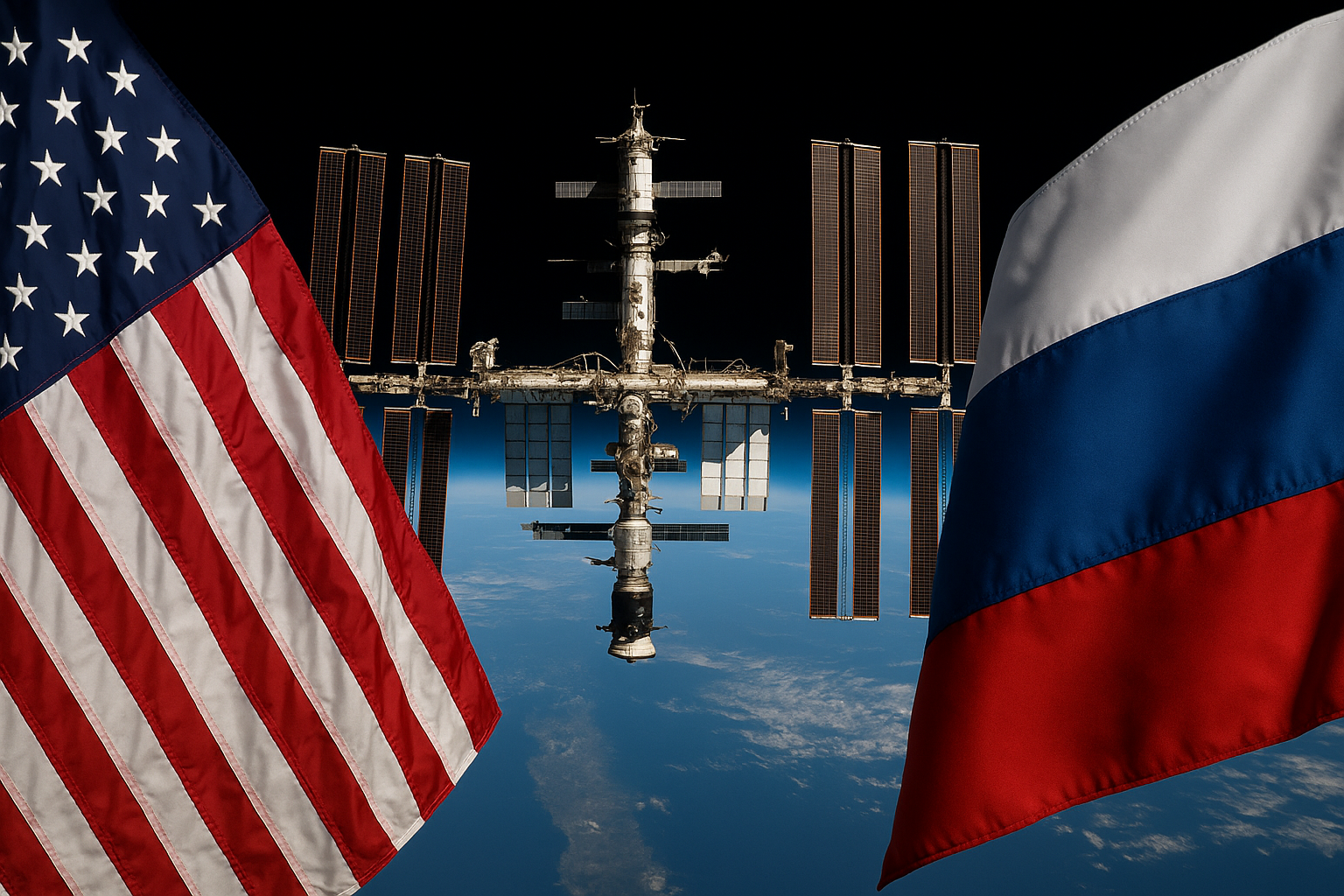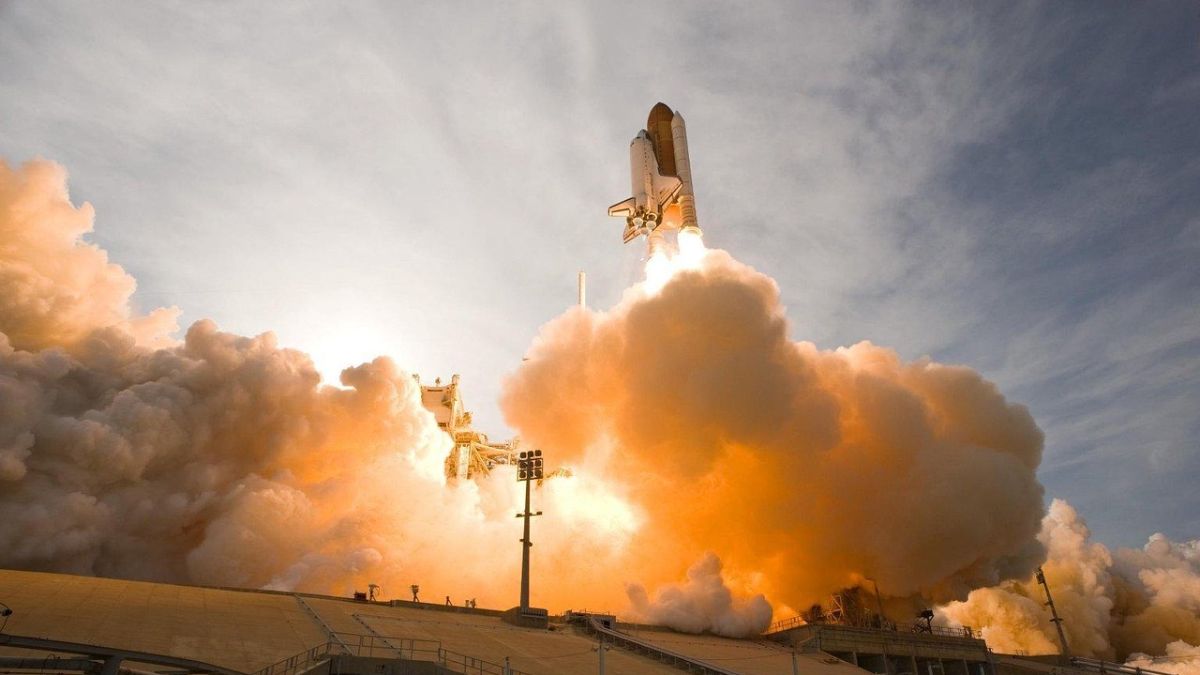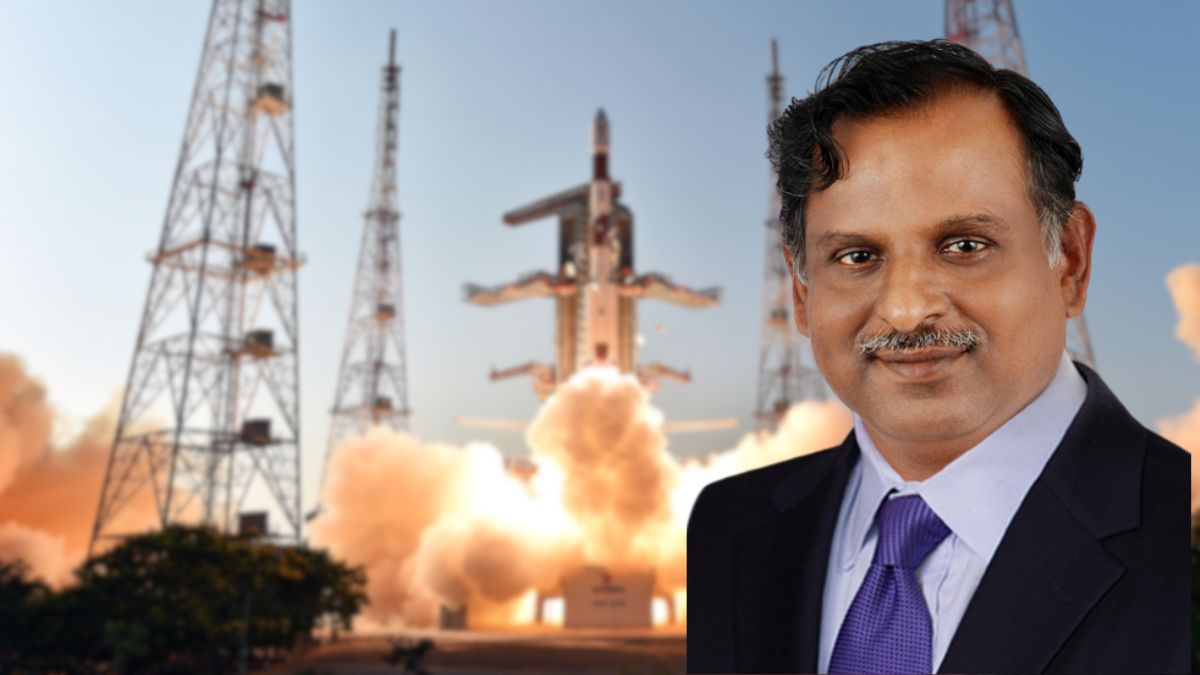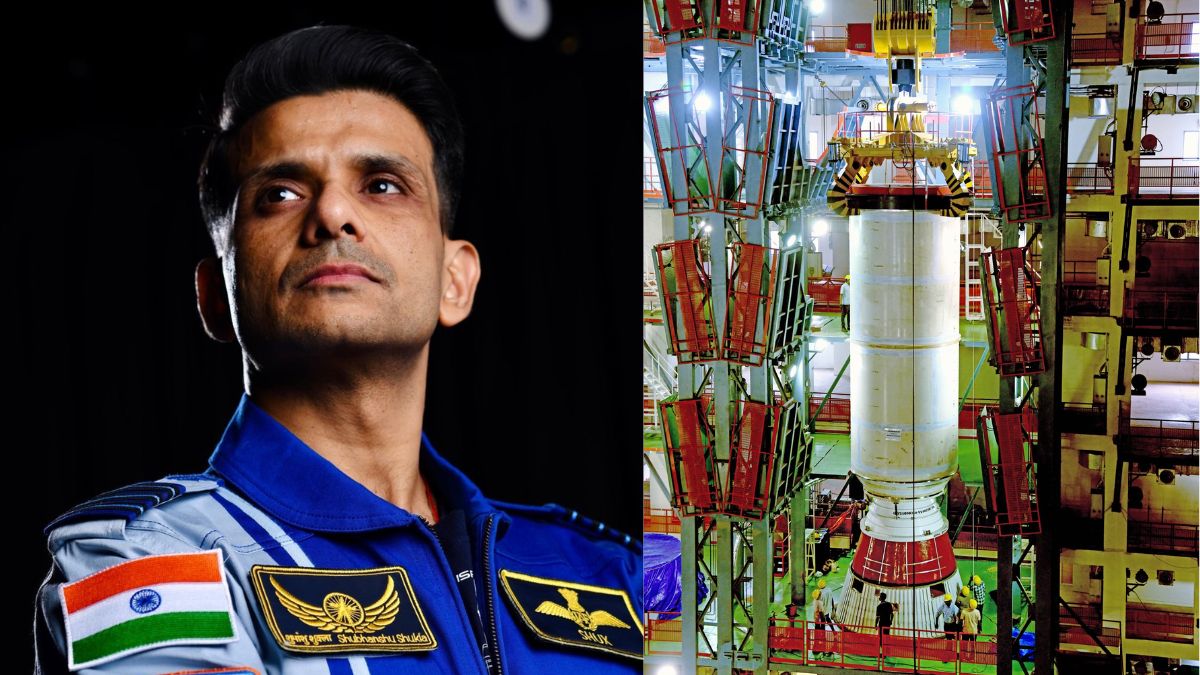Why the Russia-US Deal to Extend ISS Operations to 2028 Despite Geopolitical Strains Matter

In a rare display of continued international cooperation amid deepening geopolitical rifts, Russia and the United States have agreed to extend the operations of the International Space Station (ISS) until 2028.
The announcement came following a landmark meeting between Roscosmos chief Dmitry Bakanov and NASA’s acting administrator Sean Duffy in Houston, Texas, marking the first visit by a Russian space agency head to the US since 2018.
Bakanov confirmed the agreement in a statement to Russian state media outlet TASS, saying, “The conversation went well. We agreed that we will operate the ISS until 2028…and we will work on the issue of de-orbiting it by 2030.”
He also met with the Crew-11 mission team, which includes Russian cosmonaut Oleg Platonov, ahead of their planned journey aboard a SpaceX Crew Dragon spacecraft.
Why is the US-Russia space alliance amid hostilities rare?
The International Space Station, a symbol of post-Cold War cooperation in science and space exploration, was launched in 1998 as a joint effort among NASA, Roscosmos, the European Space Agency (ESA), and Japan’s JAXA.
Initially slated to operate until 2024, NASA has long proposed extending its life until 2030, citing continued scientific and technological value.
However, the collaboration has come under strain in recent years — especially after Russia’s invasion of Ukraine in 2022, which prompted Western countries to sever or freeze many scientific and defence ties with Moscow, including some space-related initiatives.
Several European and American missions withdrew from joint ventures with Roscosmos, and Russia itself had indicated interest in focusing on a proposed national space station by the end of the decade.
Despite these setbacks and broader international sanctions, the operational agreement on the ISS stands out as one of the few remaining pillars of US-Russia cooperation.
The technical interdependence between the two nations on ISS systems, particularly for propulsion and crew transportation, has likely made continued collaboration a practical necessity, even amid diplomatic tension.
Is Russia’s legacy space sector under pressure?
Russia’s space programme, once a cornerstone of Soviet-era prestige and innovation, has been battling structural issues for years. Chronic underfunding, bureaucratic inefficiencies, and repeated corruption scandals have slowed progress on new spacecraft and infrastructure.
The country’s reliance on international partnerships has become even more crucial as it faces increasing economic isolation and domestic budget constraints.
While the Kremlin has publicly talked about building its own orbital station and increasing cooperation with countries like China, the ISS remains its most visible international project.
Continued presence on the ISS gives Roscosmos not just scientific access but also geopolitical relevance in a field still largely dominated by the United States.
Why is this space cooperation amid controlled decoupling, forward-looking?
The joint decision to extend ISS operations until 2028 reflects a pragmatic balance between political divergence and scientific necessity.
As the global space landscape becomes increasingly multipolar — with China expanding its Tiangong space station and private players like SpaceX reshaping low-Earth orbit dynamics — traditional partnerships like NASA-Roscosmos will continue to evolve, albeit cautiously.
The ISS agreement suggests that even amid growing estrangement on Earth, space may remain one of the last frontiers where cooperation can survive political gravity, at least for now.






